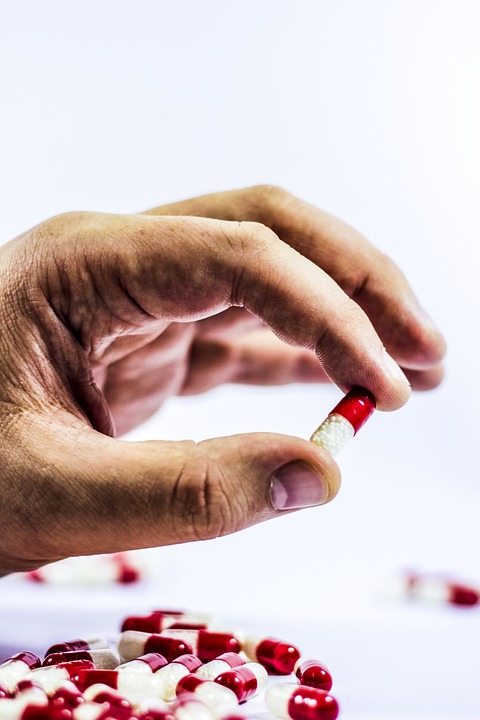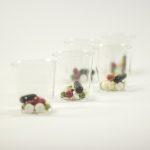Crafting an Outstanding Cover Letter for Pharmacologists: Tips and Best Practices
Navigating the competitive landscape of pharmacology requires not only a robust CV but also a compelling cover letter that captures the essence of your professional identity. While many applicants may overlook this crucial component of their job application, a well-crafted cover letter can make all the difference. Here’s how to fashion a standout document that resonates with potential employers.
1. Personalisation is Key
Generic cover letters rarely leave a lasting impression. Tailoring your letter to the specific role and institution can significantly enhance its effectiveness. Begin by addressing the hiring manager by name, if possible. This small touch demonstrates your attention to detail and genuine interest in the position. Moreover, delve into the specifics of the job description, aligning your skills and experiences with the requirements outlined. Whether it’s your expertise in drug formulation or your proficiency with clinical trials, make sure to highlight what makes you an ideal fit.
2. Showcase Your Passion
Pharmacology is not merely a profession; it’s a calling for many. Conveying your enthusiasm for the field can set you apart from other candidates. Share anecdotes or experiences that ignited your passion for pharmacology. Perhaps you conducted research that unveiled new insights into drug interactions, or maybe a particular mentor inspired your journey. Relaying such narratives not only humanises your application but also gives employers a glimpse into your motivations and aspirations.
3. Highlight Relevant Achievements
When it comes to pharmacology, your achievements can speak volumes. Consider employing the STAR technique—Situation, Task, Action, Result—to structure your accomplishments. For instance, if you developed a novel drug delivery system, outline the challenge you faced, your approach to solving it, and the resultant impact on patient outcomes. Quantifying your successes with data can further bolster your claims. A mention of how your research contributed to a significant increase in patient compliance rates, for example, could leave a powerful impression.
4. Maintain Professionalism
While it’s essential to infuse your personality into the letter, professionalism should remain paramount. Opt for a formal tone, avoiding colloquialisms and overly casual language. Ensure that your cover letter is meticulously proofread, free from grammatical errors or typos. A single overlooked mistake can undermine your credibility and suggest carelessness.
5. Call to Action
As you approach the conclusion of your letter, don’t shy away from expressing your eagerness for an interview. A well-structured call to action can reinforce your enthusiasm for the opportunity. Phrases like, “I would welcome the chance to discuss how my background aligns with the goals of your team,” can convey your proactive attitude. This not only invites further dialogue but also subtly positions you as a candidate who is both confident and engaged.
A Lasting Impression
In the world of pharmacology, where precision and expertise are paramount, your cover letter serves as a vital introduction to your qualifications and character. By personalising your message, showcasing your passion, highlighting relevant achievements, maintaining professionalism, and concluding with a strong call to action, you can craft a cover letter that stands out in a sea of applications.
At CVPortal, we are dedicated to providing you with a wealth of high-quality CV references and resources, helping you navigate your career journey with confidence and clarity.


